
If You’re Experiencing THESE Symptoms, Your Kidneys May Be at Risk
Kidneys are vital organs responsible for filtering waste, balancing fluids, and maintaining overall homeostasis in the body. Despite their crucial role, many people tend to overlook the early signs of kidney problems until the condition becomes severe. Recognizing symptoms early can be life-saving and help prevent irreversible damage. If you’re experiencing certain symptoms, your kidneys may be at risk and it’s important to seek medical attention immediately.
One of the most common symptoms of kidney problems is changes in urination. This can include urinating more frequently or less often than usual. You might also notice that your urine is foamy, dark, or contains blood. Experiencing pain or burning during urination is also a red flag. Such changes may indicate infections, inflammation, or damage to the kidneys or urinary tract. Ignoring these signs can lead to further complications.
Swelling, particularly in the hands, feet, ankles, or face, is another key symptom. The kidneys regulate the balance of salt and water in the body, and when they are impaired, excess fluid can accumulate, causing swelling or edema. This swelling might be subtle at first but can worsen over time. If you notice persistent swelling without a clear cause, it’s important to consider kidney function as a possible reason.
Fatigue and weakness are common but often overlooked symptoms of kidney problems. When the kidneys fail to filter waste effectively, toxins build up in the bloodstream, leading to feelings of exhaustion. Additionally, damaged kidneys produce less erythropoietin, a hormone responsible for red blood cell production, which can result in anemia. This leads to reduced oxygen delivery to tissues, causing fatigue, dizziness, and weakness.
Skin rashes and itching can also indicate kidney issues. Waste buildup in the body can cause irritation and inflammation of the skin. Persistent itching, dryness, or rashes without an apparent cause may point to declining kidney function. It is essential not to dismiss these symptoms, especially if they occur alongside other warning signs.
Shortness of breath and difficulty breathing may also be related to kidney problems. Fluid retention can build up in the lungs, causing pulmonary edema, which makes breathing difficult. Additionally, anemia associated with kidney disease reduces oxygen levels, contributing to breathlessness. If you experience unexplained shortness of breath, kidney health should be considered.
Other symptoms to watch for include nausea, vomiting, loss of appetite, and metallic taste in the mouth. These occur due to the accumulation of toxins that the kidneys are no longer able to filter effectively. Such symptoms can lead to weight loss and malnutrition if left untreated.
High blood pressure is both a cause and consequence of kidney disease. The kidneys help regulate blood pressure by managing the balance of sodium and fluids. When kidney function declines, blood pressure often rises, which can further damage the kidneys in a vicious cycle. Regular monitoring of blood pressure is crucial for early detection of kidney problems.
If you are experiencing any combination of these symptoms, it is vital to consult a healthcare professional promptly. Early diagnosis through blood and urine tests can help determine the extent of kidney damage. Treatment options may include lifestyle changes, medications, or in severe cases, dialysis or kidney transplantation.
In conclusion, kidneys play an indispensable role in maintaining overall health. Being aware of the symptoms that indicate potential kidney problems can help you seek timely medical care and prevent serious complications. Changes in urination, swelling, fatigue, skin issues, breathlessness, nausea, and high blood pressure are warning signs that should not be ignored. Protect your kidneys by staying informed and proactive about your health.
News in the same category

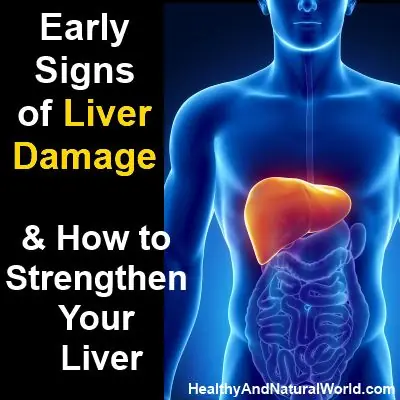
Early Signs of Liver Damage & How to Strengthen Your Liver
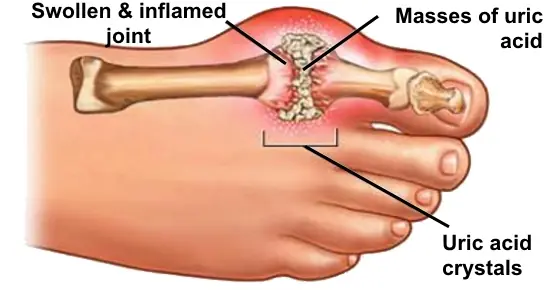
The Best Natural Gout Treatments: Remove Uric Acid Crystallization To Prevent Gout And Joint Pain
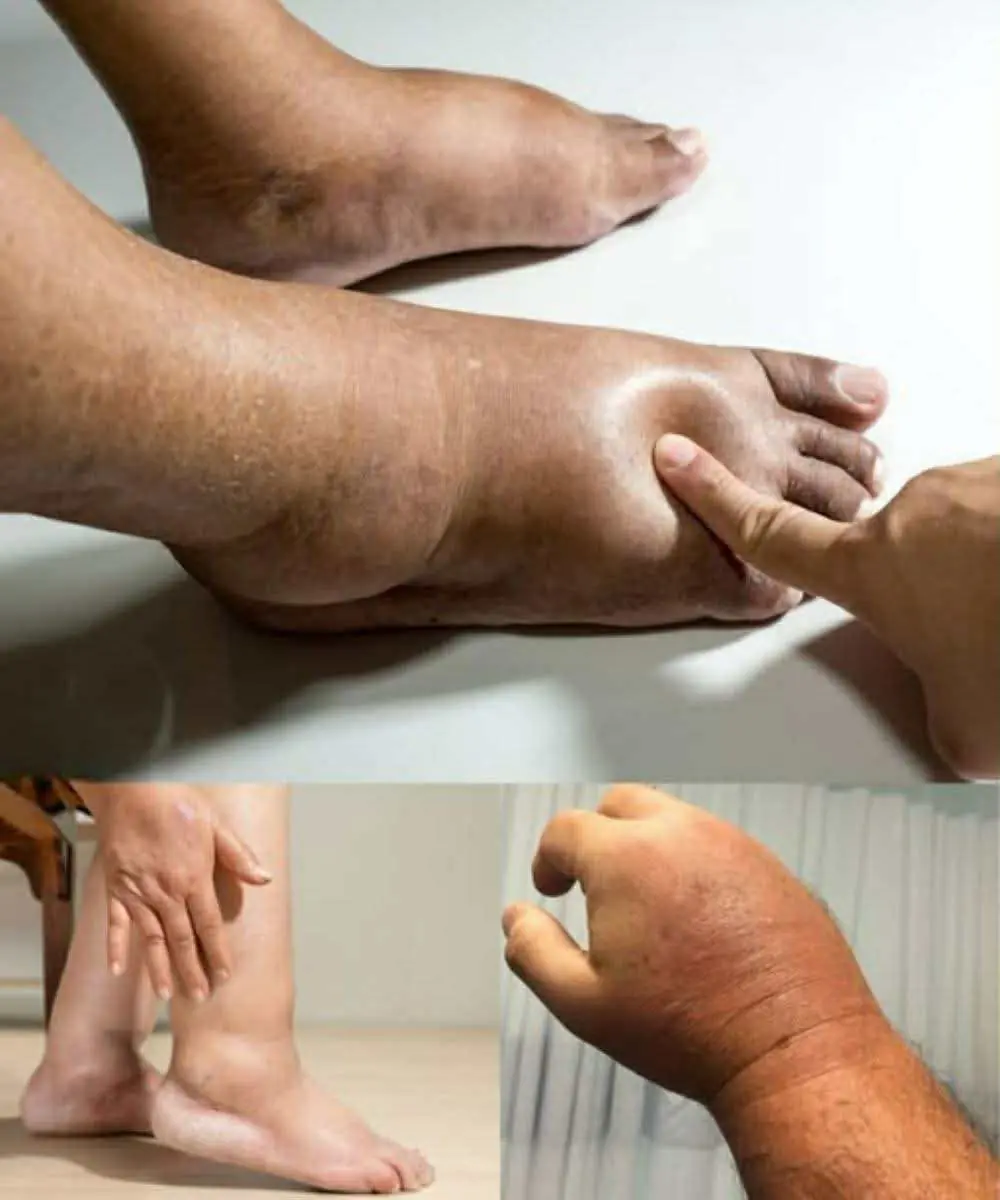
Foods that can ease swelling in hands and feet

Sleeping With The Door Open

Woman shares ’embarrassing’ symptoms she regrets hiding from doctors as she’s diagnosed with incurable cancer
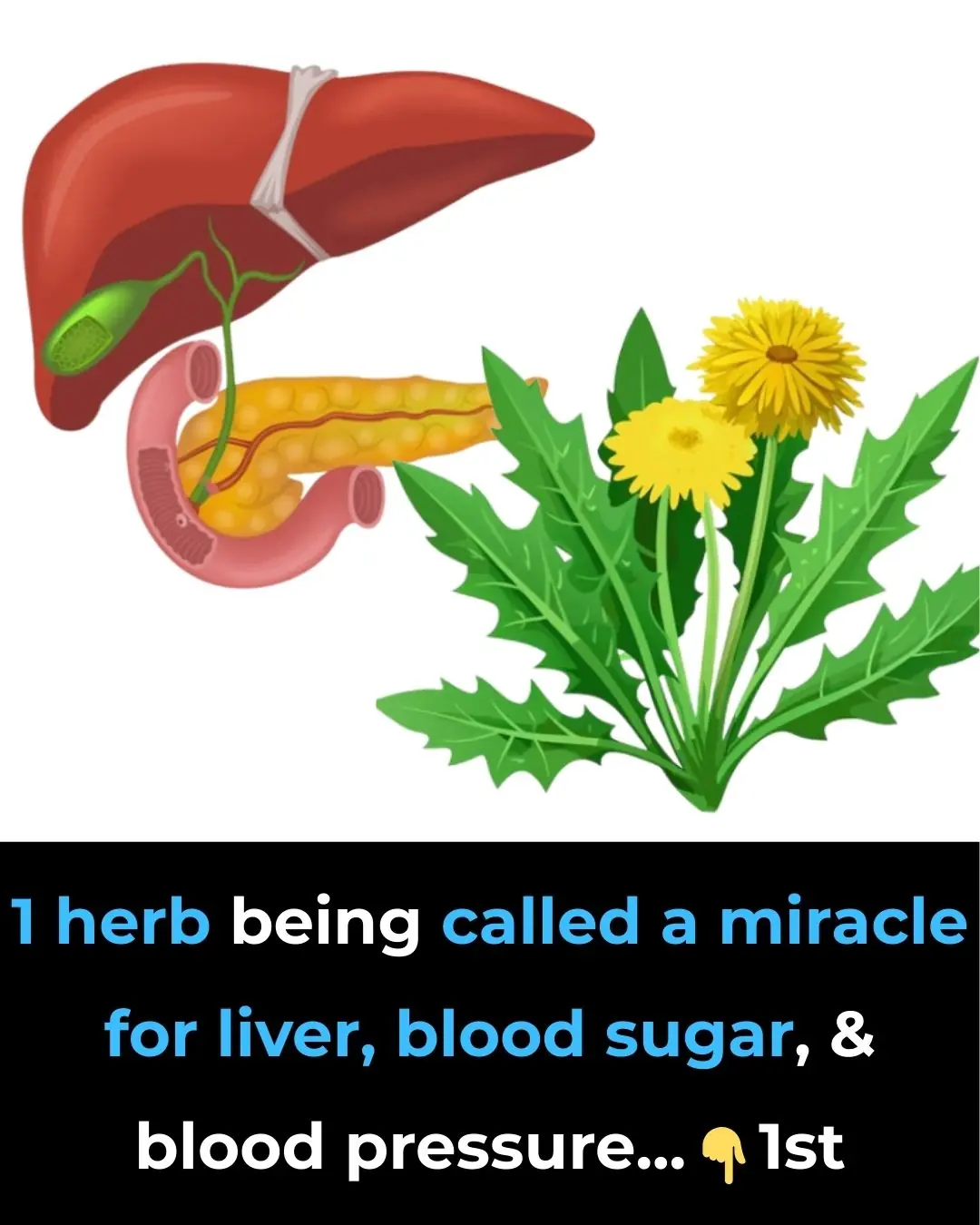
1 herb being called a miracle for liver, blood sugar, and blood pressure
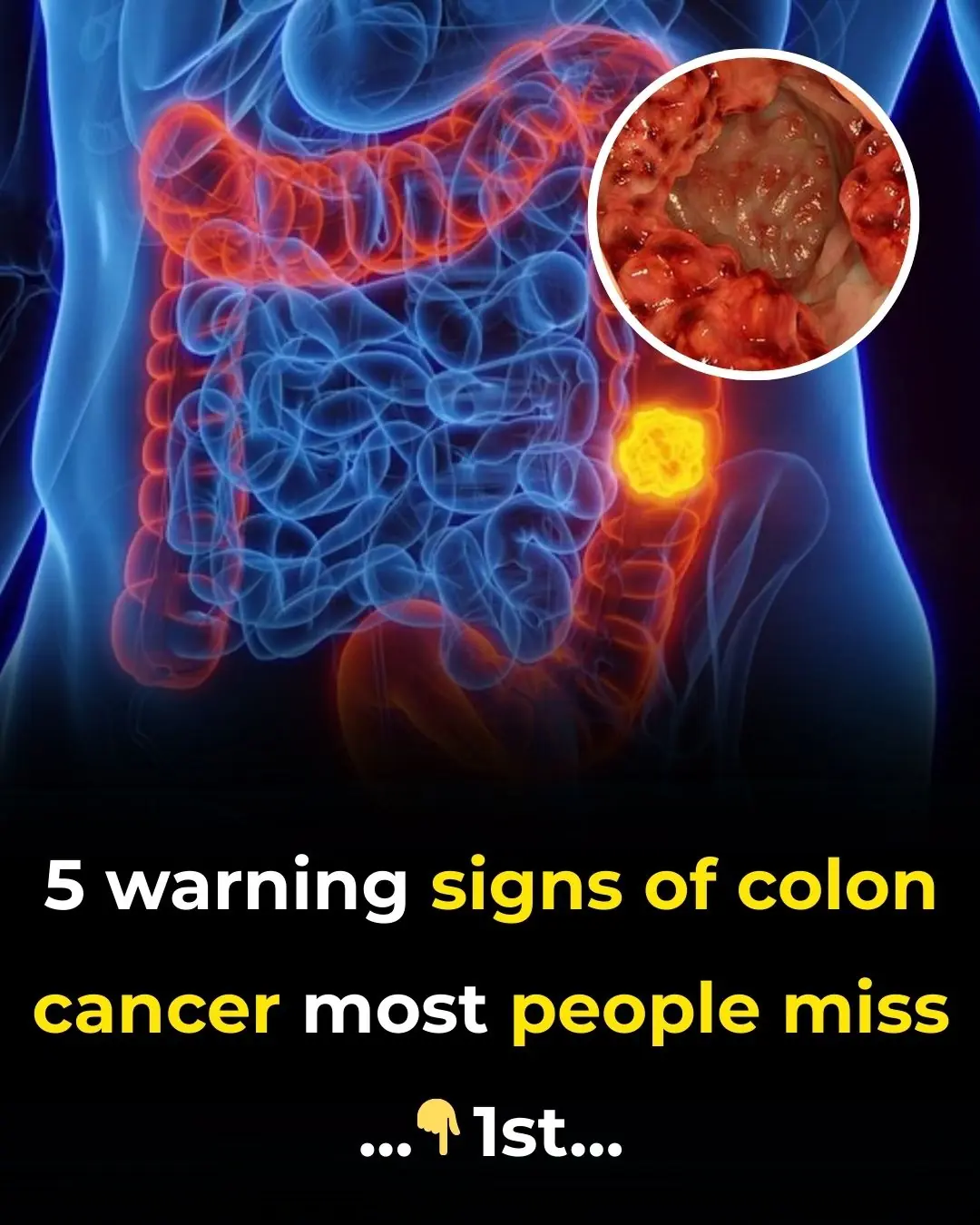
5 Unusual Signs Of Colon Cancer Folks Accidentally Ignore For Years
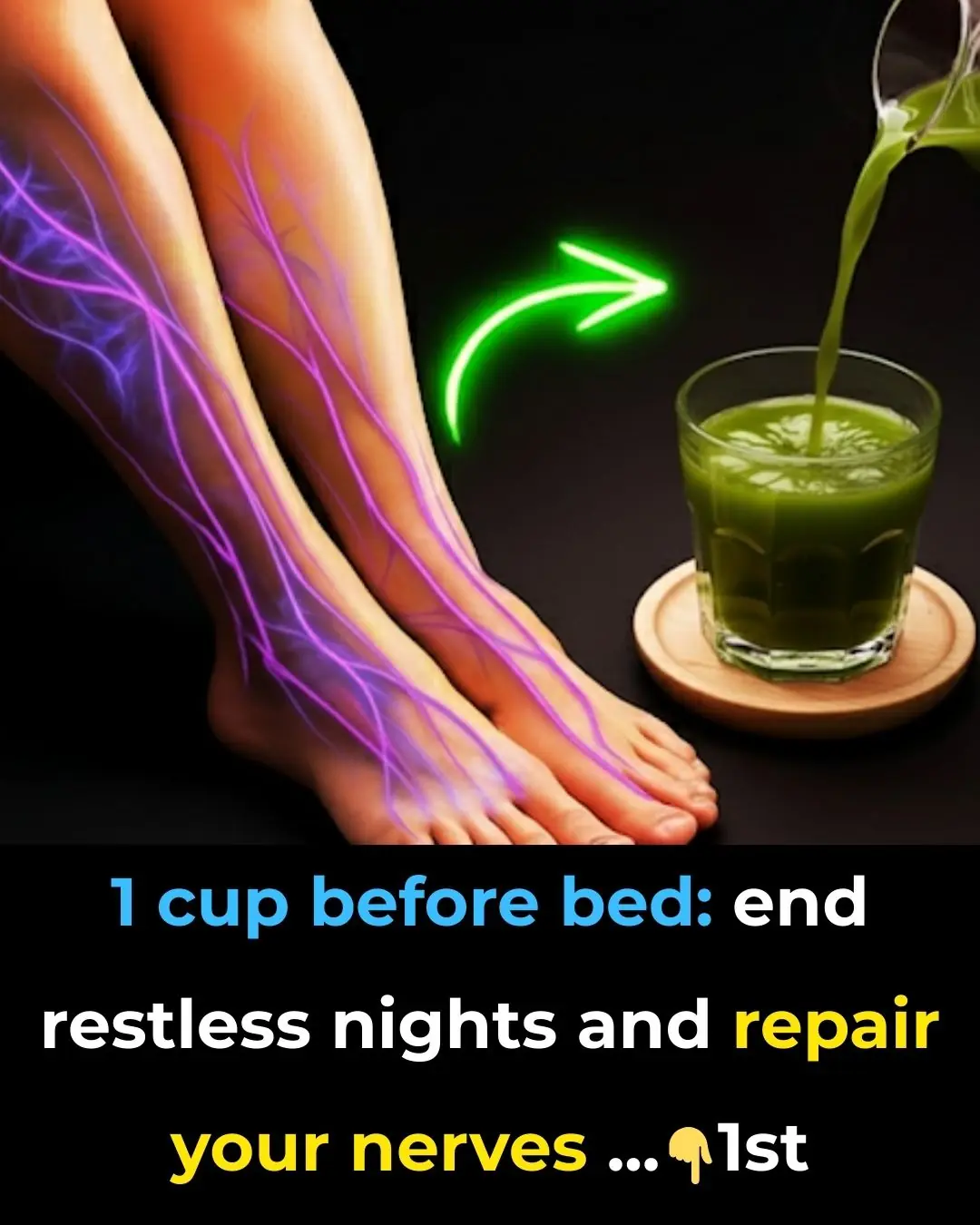
1 cup before bed: end restless nights and repair your nerves

5 foods that heal your body and STARVE cancer—eat these now!

Preventing Stroke At Any Age: 3 “Don’ts” After Meals—And 4 “Don’ts” Before Bed

The Truth About “Old Person Smell”: What Causes It And How To Get Rid Of It

12 surprising foods that help dissolve blood clots naturally
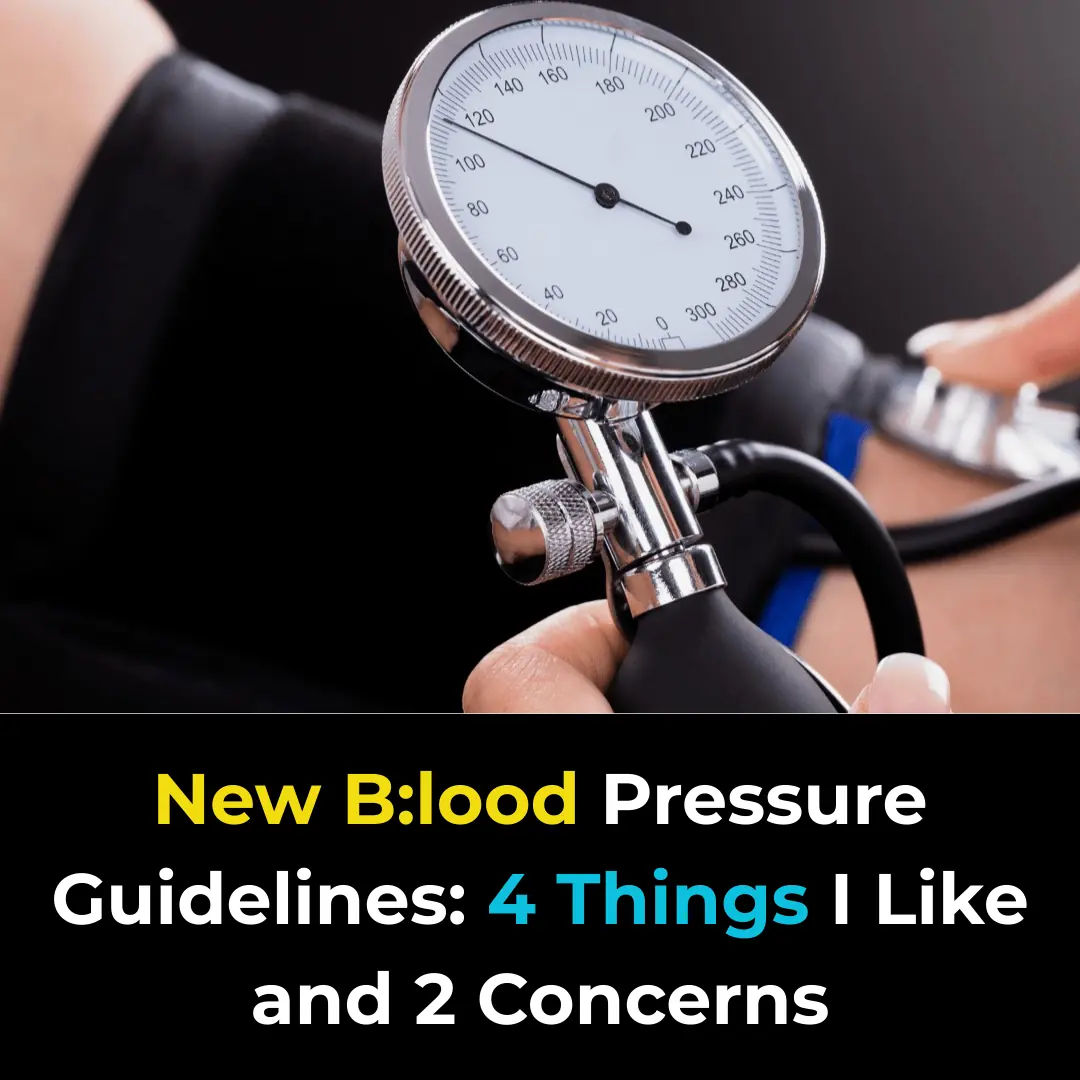
New B::l:ood Pressure Guidelines: 4 Things I Like and 2 Concerns

Intuitive Eating: A Non-Diet Approach Your Patients May Love

Global Prevalence of Hidradenitis Suppurativa Approaches 1%

Who Should Avoid Eating Chicken Feet?

Here’s How To Get Rid of Sinus Infections Naturally, No Antibiotics Required!
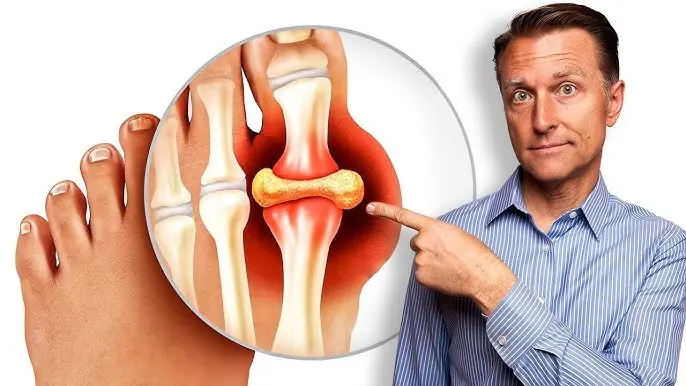
Best Natural Gout Treatments to Remove Uric Acid Crystallization and Prevent Gout And Joint Pain
News Post

The hidden meaning of thumb rings: what they represent for women vs. men

What it says about your relationship when your partner sleeps with their back to you
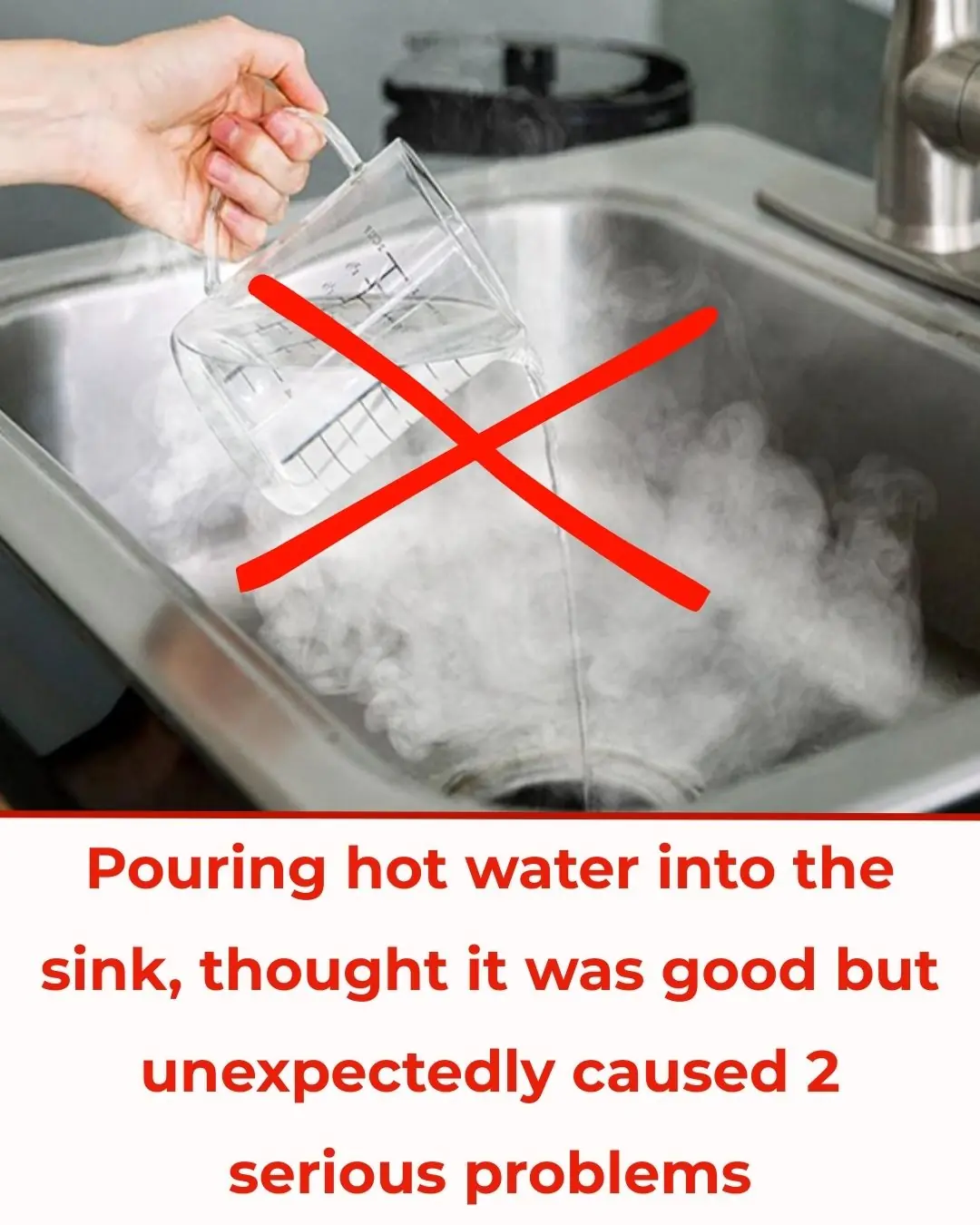
Pouring Hot Water into the Kitchen Sink: Thought It Was Helpful but Actually Causes Two Serious Problems

Early Signs of Liver Damage & How to Strengthen Your Liver

Clogged Pipes? Super Easy Home Remedies Without Calling an Expensive Plumber!

The Best Natural Gout Treatments: Remove Uric Acid Crystallization To Prevent Gout And Joint Pain

Foods that can ease swelling in hands and feet

The Golden 4-Hour Window to Drink Coffee for Maximum Health Benefits: Clean Liver, Smooth Digestion, and Balanced Blood Sugar

Sleeping With The Door Open

The World’s Strongest Animal Isn’t an Elephant or Bear

Gordon Ramsay issues health warning after undergoing cancer surgery

Woman shares ’embarrassing’ symptoms she regrets hiding from doctors as she’s diagnosed with incurable cancer

1 herb being called a miracle for liver, blood sugar, and blood pressure

5 Unusual Signs Of Colon Cancer Folks Accidentally Ignore For Years

Delta Pilot Spends Year’s Salary to Fly 112 Friends to Hawaii for Epic Retirement Sendoff

1 cup before bed: end restless nights and repair your nerves

5 foods that heal your body and STARVE cancer—eat these now!

Mixing Beer with Sugar or Detergent: A Brilliant Solution to a Common Household Problem You Shouldn’t Miss

A Wild Herb That Grows Like Weeds, Used in Soups to Nourish the Liver and Strengthen Joints, Yet Most Vietnamese People Always Pull It Out When They See It
